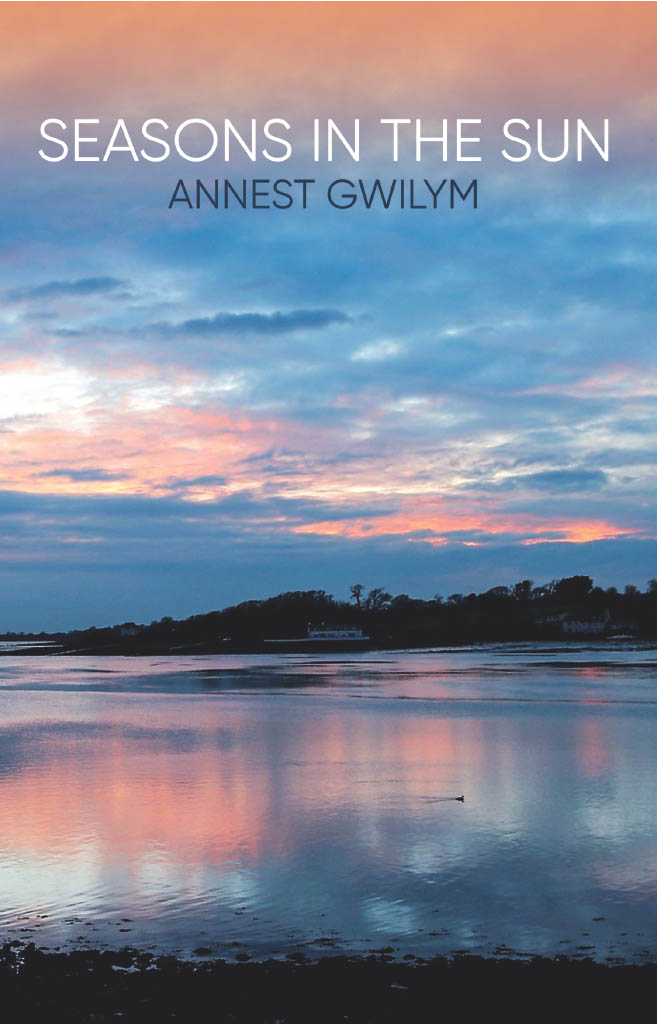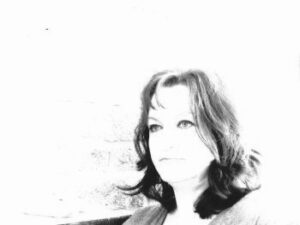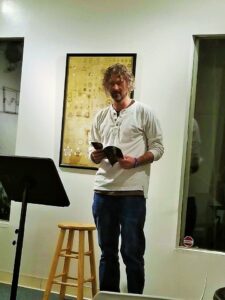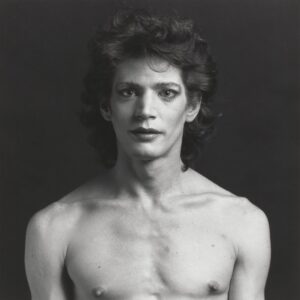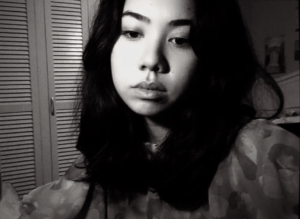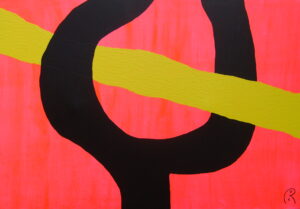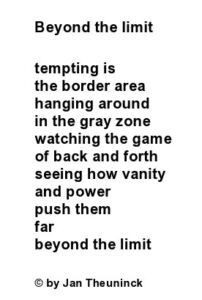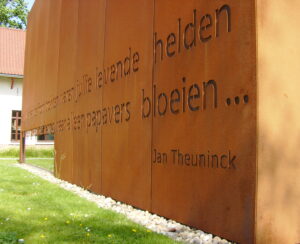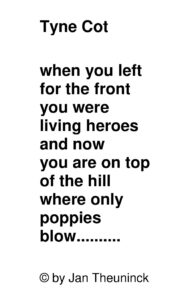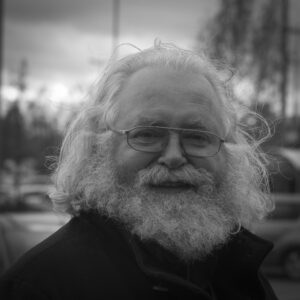Days like this to be read as honey For the child I never hadI would give you: the honeydrip of low sun on the horizon; a cold that sugar-coats mountain tops, collides cells and atoms; all the tree-lined hours of your dreams; a moonsuck and sunstruck clock stuck at youth; four seasons in a day. In my witchery I would line up jars of bright starshine on your windowsill; conjure Caravaggio days, raining pomegranate seeds; trap it all in amber. And if you ever lived, you could live it too.
First published in the PK Project Quixotic Travellers, December 2018. Also published in Caught in the Net, November 2019. In the Immensity of Night
-
Things with invisible hands
unlatch the doors unseen
Creep on silent feet
around my floating bed
Tap their long, strong nails
on my wooden headboard
Whisper poetry in my sleep
which evaporates at dawn
A crinkle of leaves gathers
at the base of the bed
While the sea laps at my front door
lost and miles from home
Baby crabs with tiny pincers
knock, want to enter
The herons are watching
as gulls tear candy-floss clouds
Outside is dangerous, static-filled
inside is better
I pull the duvet under my chin
I think I’ll stay here
-
Winter’s breath is snow-dust prophecy,
humus and moss-scented ache
of leaf mould from autumn on the floor.
Under the cold, clear fire of stars
its wind corrugates the sea’s iron
in the silent meadows of the night.
Winter’s woods are antlered, dark,
fox-sharp, full of long, wolfish shadows
that follow you home.
Its eye is pale, glaucous; air salted
with frost, whose sharp proboscis
probes every crack and crevice.
Winter is a black and white country.
The old know this: it strips flesh
from trees, flowers, bones.
Click on Image to view large:
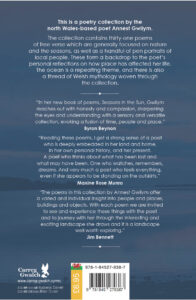
https://carreg-gwalch.cymru/seasons-in-the-sun-3008-p.asp
Annest Gwilym is the author of three books of poetry. Surfacing (2018) and What the Owl Taught Me (2020), were both published by Lapwing Publications. What the Owl Taught Me was Poetry Kit’s Book of the Month in June 2020 and one of North of Oxford’s summer reading recommendations in 2020. Annest has been widely published in literary journals and anthologies, both online and in print, and placed in several writing competitions, winning one. She was the editor of the webzine Nine Muses Poetry from 2018-2020. She was a nominee for Best of the Net 2021. Her third book of poetry – Seasons in the Sun – was published by Gwasg Carreg Gwalch in September 2023 and was Poetry Kit’s Book of the Month in November 2023 as well as being one of their Christmas reading recommendations. She has been nominated for the Wales Book of the Year Award 2024/Gwobr Llyfr y Flwyddyn 2024. Seasons in the Sun is available from Amazon and other places. It is also available from all bookshops in Wales.

